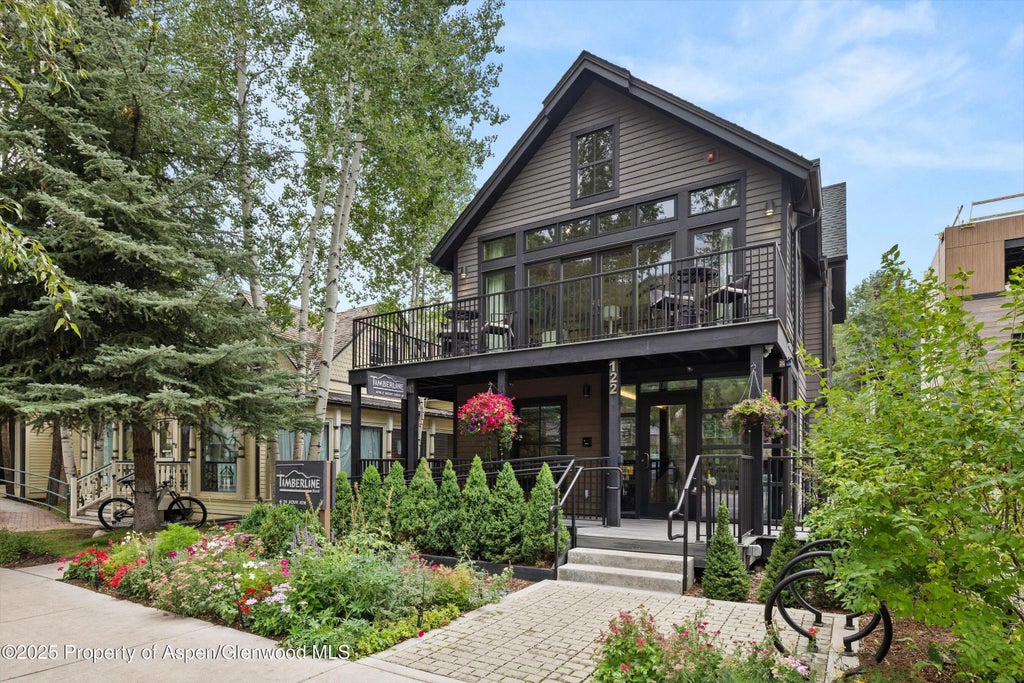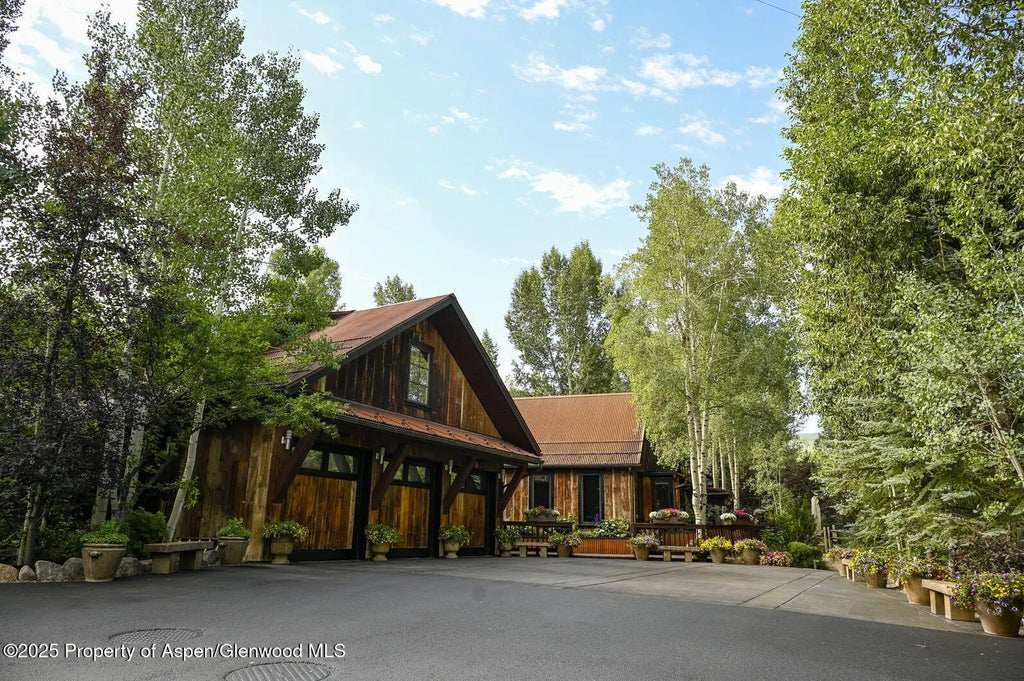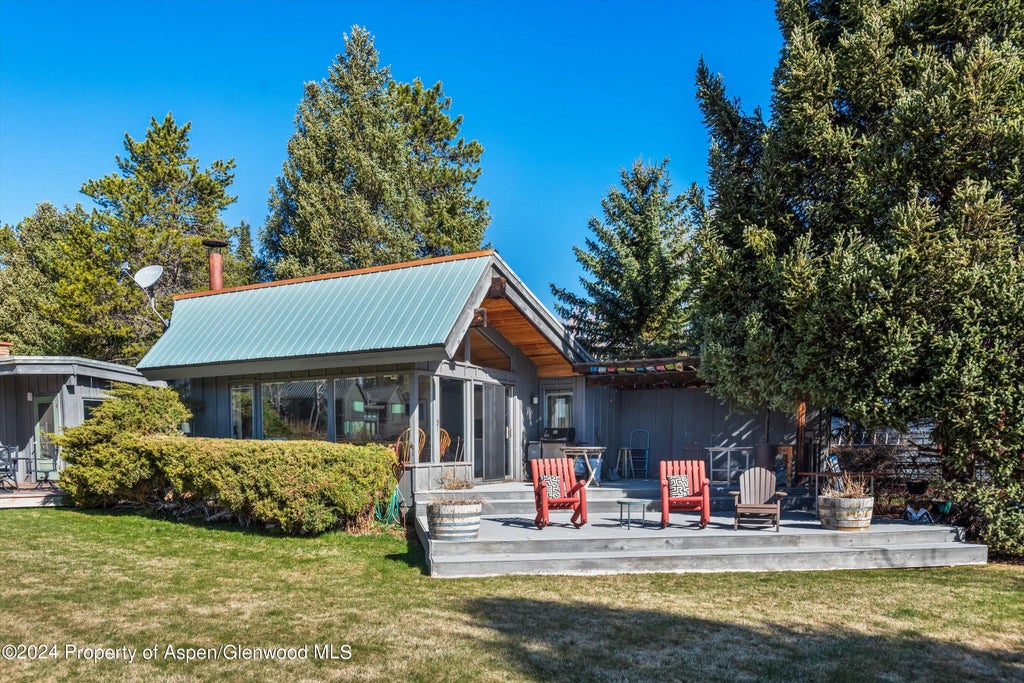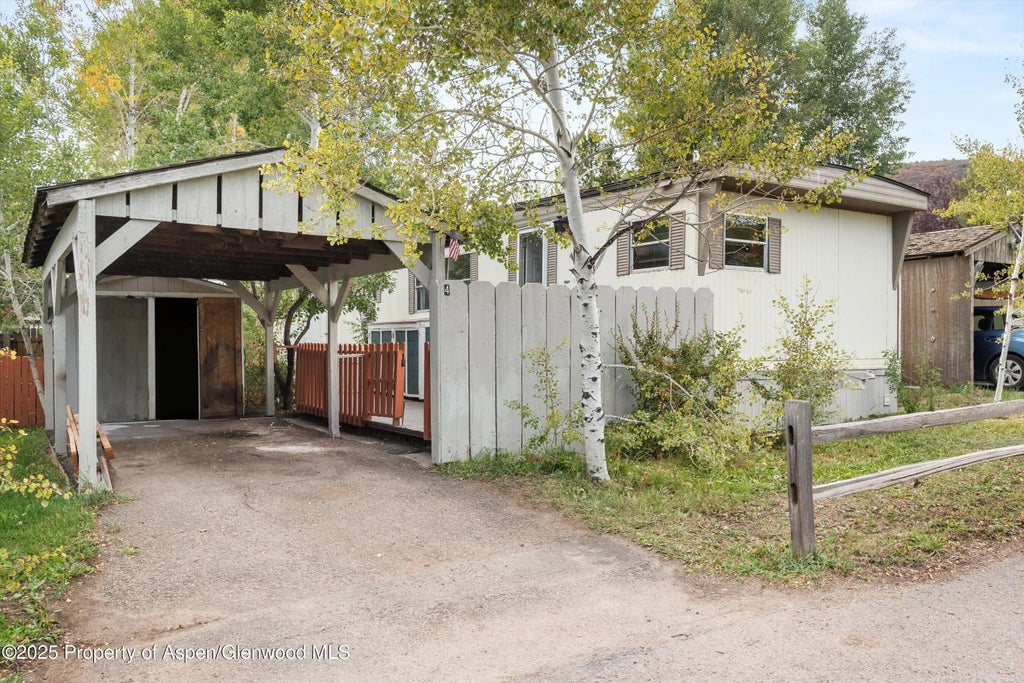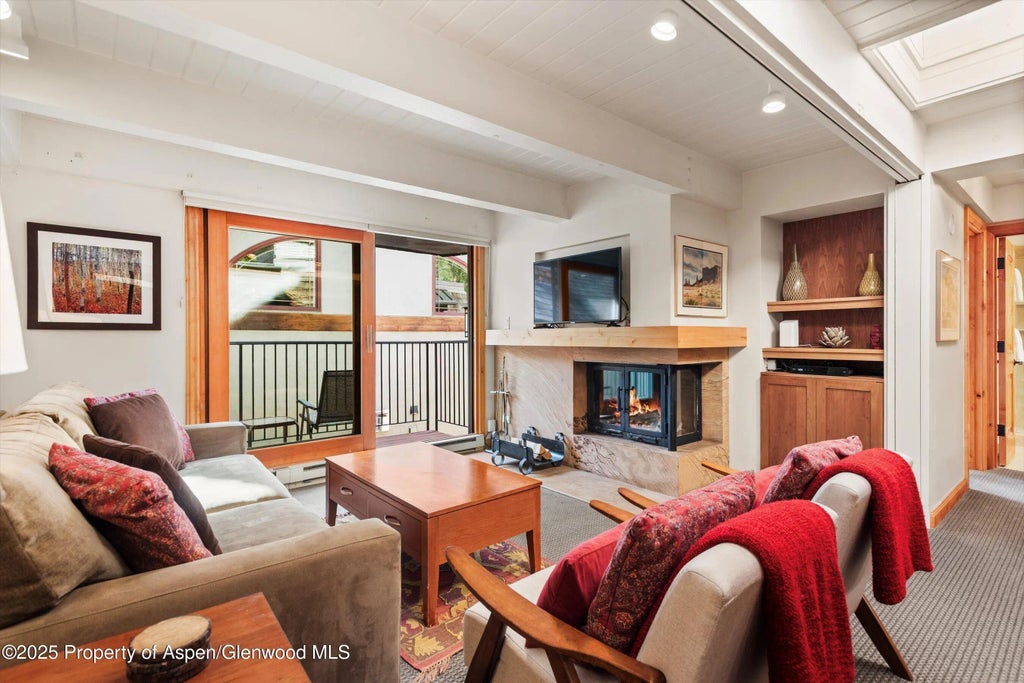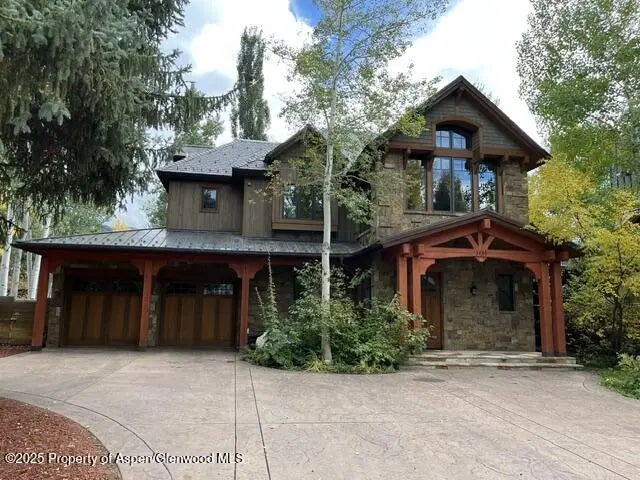What is an HOA Special Assessment?
HOA special assessments can catch homeowners off guard, but understanding what they are and when they're used helps you navigate these additional fees with confidence. Here's what every homeowner needs to know about HOA special assessments.
Table of Contents
- Understanding HOA Special Assessments
- Why HOAs Charge Special Assessments
- Common Special Assessment Situations
- Your Rights as a Homeowner
- Legal Framework and Limitations
- Financial Implications for Homeowners
- Consequences of Non-Payment
- Navigating Special Assessments Successfully
- Making Informed Decisions About Special Assessments
Understanding HOA Special Assessments

An HOA special assessment is a one-time fee charged to homeowners when the association needs funds beyond regular monthly dues. These assessments cover expenses that exceed what's available in the operating budget or reserve funds.
Special assessments differ from regular HOA dues in timing and purpose. While monthly dues are predictable and cover routine expenses, special assessments are sporadic and address specific financial needs or emergencies.
Why HOAs Charge Special Assessments
HOAs levy special assessments for several key reasons:
Budget Shortfalls
Associations may impose special assessments when dues fall short due to:
Unexpected cost increases, utility spikes, service rate hikes, or rising insurance premiums.
Emergency Repairs and Disasters
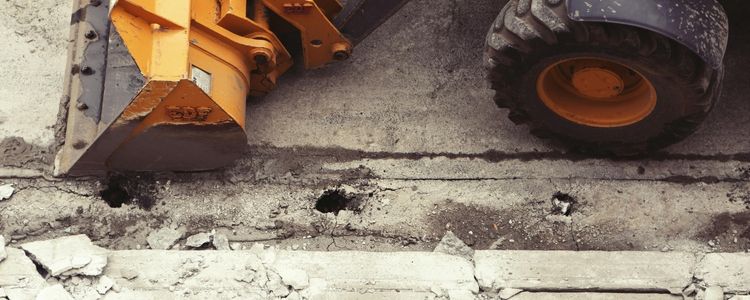
Storm damage, equipment failure, and urgent structural issues may trigger assessments for repairs not covered by insurance.
Unpaid Dues
Homeowner delinquencies can create shortfalls, making assessments necessary to maintain essential services.
Capital Improvements
Special assessments fund upgrades like new amenities, security systems, or community facility renovations.
Common Special Assessment Situations
Real-world examples include:
Major repairs (community roof replacements, water damage restoration), natural disasters (floods, fires), infrastructure upgrades (electrical systems, water mains), and legal compliance (accessibility or safety standards).
Your Rights as a Homeowner
Voting Rights
Most CC&Rs require board approval or homeowner votes before an assessment can be levied. Always review your governing documents for voting thresholds.
Disclosure Requirements
HOAs must provide written notice explaining the reason, payment timeline, and project details.
Payment Options
Many associations offer payment plans, such as monthly schedules or extended periods with interest. Ask about available options before committing to a lump-sum payment.
Legal Framework and Limitations
Special assessments are legal, but they must follow the rules in your HOA's governing documents and state law.
Governing Document Requirements
Check your CC&Rs for assessment procedures, voting terms, notice periods, and allowable payment structures.
Important Disclaimer: Always consult a qualified attorney when dealing with HOA special assessments. Laws vary and professional advice can help protect your interests.
Financial Implications for Homeowners
Cost Considerations
Assessment amounts vary based on community size, scope of repairs, reserve status, and insurance coverage gaps.
Reserve Fund Impact
Strong reserves reduce the frequency of assessments, but even well-funded communities may face shortfalls in emergencies.
Budget Planning
Homeowners should build emergency savings, stay informed on community finances, and attend board meetings to anticipate future needs.
Consequences of Non-Payment
Immediate Consequences
Late fees, loss of amenity access, or voting restrictions.
Serious Consequences
Liens, legal action in small claims court, or potential foreclosure.
Navigating Special Assessments Successfully
Stay Informed
Attend meetings, review financial reports, and understand your HOA's long-term maintenance strategy.
Ask Questions
Request clarity on the need, timeline, and funding alternatives.
Plan Ahead
Maintain savings, review your HOA’s assessment history, and assess its financial health before buying in.
Making Informed Decisions About Special Assessments
HOA special assessments don’t have to be disruptive. With the right preparation and awareness, you can manage them confidently. These assessments often fund critical repairs or upgrades that preserve property values and improve community quality.
Whether you’re dealing with an unexpected assessment or considering a home in an HOA community, expert guidance helps you make smarter investment decisions. Ryan Schwartz of Aspen Real Estate brings deep experience in luxury real estate and HOA transactions. Contact our team for support navigating the financial and legal complexities of special assessments and protecting your long-term investment.

